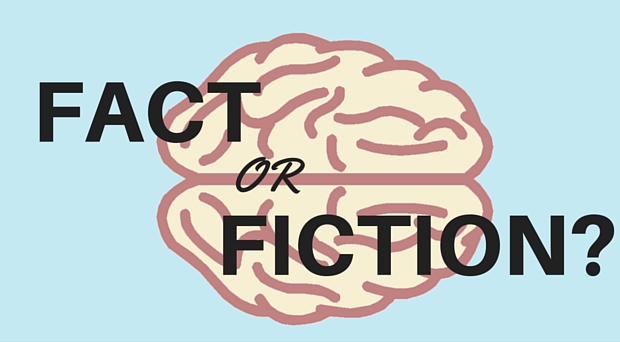
What is the person-centred approach to healthcare?
A person-centred approach to healthcare is a way of organizing and providing services that places ‘the person’ at the centre of planning and decision-making; that is respectful of individual beliefs and values and that doesn’t make assumptions about people before understanding their life context and what is important to them.
A person-centred approach is respectful of all persons – what I mean here is that ‘person-centred care’ has a focus on the quality of the care that patients/service-users/families/care partners and so on receive, and of course that is the focus for evaluating the effectiveness of care services.
However, a person-centred approach considers the effectiveness of person-centred care alongside the importance of it happening in a person-centred culture, that is, a culture that respects the needs of those who are providing the care and their value as persons.
For too long the focus has been on service users without the concomitant focus on staff – focusing on one at the expense of the other is fundamentally flawed, as shown in cases like the Mid-Staffordshire Inquiry and others.
How important is compassion in healthcare?
It is hard to imagine healthcare without a focus on compassion, but of course we are all aware of care situations that seem to lack compassion.
It is hard to imagine healthcare without a focus on compassion, but of course we are all aware of care situations that seem to lack compassion. However we shouldn’t objectify compassion in a way that somehow privileges it over other values such as dignity, respect, kindness and love.
These principles are equally important to compassion and indeed all of them are necessary for care to be person-centred. However, I get concerned these days when compassion seems to be used as a ‘catch-all’ for everything that is good care – almost a replacement for other principles (such as dignity).
A person-centred approach has compassion at its core. It focuses on cultivating a culture of care that tries to create as much happiness as possible for everyone. Increased happiness results in increased well-being. A person-centred culture enhances the well-being of everyone.
Is this different for patients with dementia compared to others?
No absolutely not! It is often concerning to me that we somehow view person-centred care in the context of dementia care as somehow different from other types of care provision. Of course it is different in that people living with dementia have particular care needs arising from the effects of dementia on their life, and this needs care to be provided in particular ways to meet these needs.
However the fundamental principles of person-centredness still apply – to suggest otherwise would imply that people living with dementia are a different kind of person – that would be a dangerous statement to make and could negatively impact on the lives of people living with dementia.
As dementia advances, people do become more vulnerable. However, we sometimes confuse this increasing vulnerability with a ‘lessening’ of personhood, in other words, becoming a lesser person in the eyes of others.
We then adjust our meanings of key caring principles (such as compassion) rather than adjusting the application of those principles in the way that we work and engage with people. It is this adjustment that needs the great skill in working effectively with people living with dementia and their families/care partners and that needs care workers who are knowledgeable and skilled in dementia care.
What has been the biggest advance in the field of Alzheimer’s healthcare during your career?
I would suggest that the greatest advance has been in ‘seeing the person behind the disease’.
Whilst there have been huge advances in the medical management and treatment of people living with dementia which have enabled a much better quality of life for people, I would suggest that the greatest advance has been in ‘seeing the person behind the disease’.
When I started out as a mental health nurse in 1980, working in ‘long-stay psychogeriatrics’ as it was then known, the degree of dehumanization that people living with dementia, and staff who worked in those places, experienced at that time is now unimaginable.
Such cultures have largely disappeared and the recognition of people living with dementia as ‘persons’ is commonplace. With this recognition and shift of values has come a whole host of developments in symptom management (such as pain, incontinence and sleep), occupation, communication and engagement, as well as in advancing strategies for helping the person to cope with changing levels of orientation, cognition and memory function.
All of these advances have enabled people living with dementia, their families and care partners to have a better quality of life. There is still a huge amount of work to be done to continuously advance a whole variety of practices (such as care in acute hospitals and palliative and end of life care) and we can never afford to be complacent.
 Why not take our quiz to see if you know your fact from fiction when it comes to Alzheimer’s.
Why not take our quiz to see if you know your fact from fiction when it comes to Alzheimer’s.
Nice sharing article…